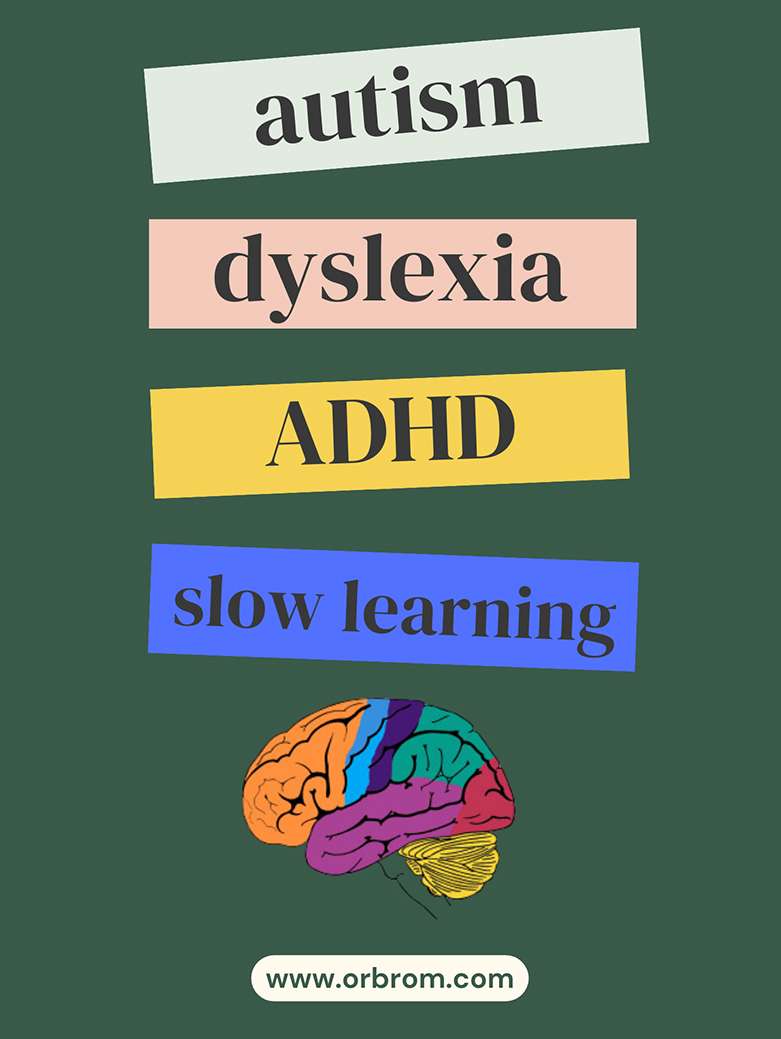Speech delays are a common developmental concern. They can affect children of all ages and backgrounds. If you are concerned that your child may have a speech delay, it is important to talk to your pediatrician. They can assess your child’s development and recommend appropriate treatment.
What is a speech delay?
A speech delay is when a child does not develop speech skills at the same rate as other children of their age. Speech delays can affect a child’s ability to produce sounds, words, and sentences. They can also affect a child’s ability to understand language.
What are the causes of speech delays?
There are many different causes of speech delays. Some of the most common causes include:
- Hearing loss
- Cognitive delays
- Autism spectrum disorder
- Cerebral palsy
- Down syndrome
- Prematurity
- Cleft lip and palate
- Tongue-tie
What are the symptoms of speech delays?
The symptoms of speech delays can vary depending on the child’s age and the underlying cause. Some common symptoms include:
- Not babbling by 12 months
- Not saying single words by 18 months
- Not using two-word phrases by 24 months
- Not using three-word phrases by 30 months
- Having difficulty understanding simple language
- Having difficulty producing sounds, words, and sentences
How are speech delays treated?
Treatment for speech delays will vary depending on the underlying cause. However, some common treatments include:
- Speech therapy: Speech therapy can help children develop their speech and language skills.
- Hearing aids: Hearing aids can help children with hearing loss hear and understand language.
- Cochlear implants: Cochlear implants are surgically implanted devices that can help children with hearing loss hear and understand language.
- Special education: Special education can help children with speech delays learn in a way that is best for them.
What can parents do to help children with speech delays?
There are many things that parents can do to help children with speech delays. Some tips include:
- Talk to your child often.
- Read to your child every day.
- Sing songs and play games with your child.
- Expose your child to different languages and cultures.
- Be patient and supportive.
When should I be concerned about my child’s speech development?
If you are concerned about your child’s speech development, talk to your pediatrician. They can assess your child’s development and recommend appropriate treatment.
Here are some additional tips for parents of children with speech delays:
- Create a communication-rich environment. This means talking to your child often, reading to them, and singing songs with them.
- Be patient and supportive. It may take your child longer to develop their speech skills than other children.
- Celebrate your child’s successes. No matter how small, every step forward is a victory.
- Seek professional help if needed. Speech therapists can help your child develop their speech and language skills.
Speech delays are a common developmental concern. If you are concerned that your child may have a speech delay, talk to your pediatrician. They can assess your child’s development and recommend appropriate treatment. With early intervention, most children with speech delays can overcome them and develop their speech and language skills.
Services for Autism, ADHD, Dyslexia, Spelling Difficulty, social and slow learning, Down Syndrome, and Selective Mutism. OrbRom is the best option in Phnom Penh.
If you are concerned about your child’s development, Contact OrbRom Center for Assessments.
Phone/Telegram: 077.455.993
Telegram Link: https://t.me/OrbRom







